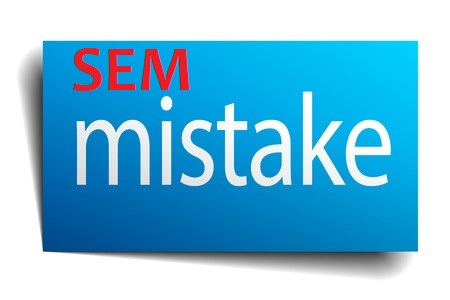 When you’re providing searching engine marketing (SEM) services to clients, the most expensive mistake you can make is not defining who owns what as part of your SEM agreement.
When you’re providing searching engine marketing (SEM) services to clients, the most expensive mistake you can make is not defining who owns what as part of your SEM agreement.
Whether you’re rendering SEM services as an independent contractor or as an employee, your client will assume they own what you create.
This means that if you don’t have a written agreement that defines the scope of services plus ownership, it can be an expensive legal mess to sort things out later.
Related Article – Business Contracts: Why You Should Avoid Email Deals
Who Owns What?
Who owns the PPC (e.g. Google AdWords) accounts and the analytical data?
Who owns any custom coding that was done, including any APIs developed as part of providing services?
As a practical matter, you don’t want to be put in the position where you can’t use what you’ve created to provide SEM services to third parties. However, clients won’t be pleased to discover they paid you for SEM work and then you sold similar services to their competitor too. In short, they will feel cheated.
So what’s the solution?
Although there isn’t a one-size-fits-all answer to that, a good starting point is a provision in the SEM agreement where you retain ownership but provide a limited license to use the intellectual property (IP) you created for the client that enables you to license the same IP to others.
Some prospective clients will balk at this idea if they believe you’re going to sell the same SEM services to their competitors.
How do you respond?
First, explain to the prospect that the IP you create is the lifeblood of your business and that giving them exclusive ownership over key parts would in essence put you out of business.
If the prospective client still objects, offer a compromise that limits your use of the IP with one of their competitors for a reasonable period of time (e.g. 2 to 3 years). However, this should be a final offer not the starting point of negotiation.
Be careful when you do offer to restrict your future services to competitors. If the current prospect is a small fish, sometimes it’s better to wait for a bigger better deal with a large competitor of the prospect than be frozen out of that market for a few years because of a non-compete restriction.
Where do you get an SEM agreement?
Your Internet lawyer can prepare an SEM agreement that’s designed to protect your interests and can be customized on an as-needed basis to serve individual client needs in order to get a deal done that’s good for both you and the client.

